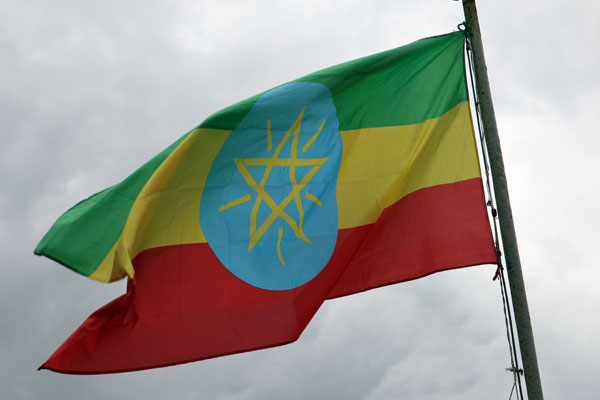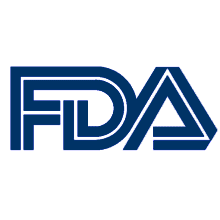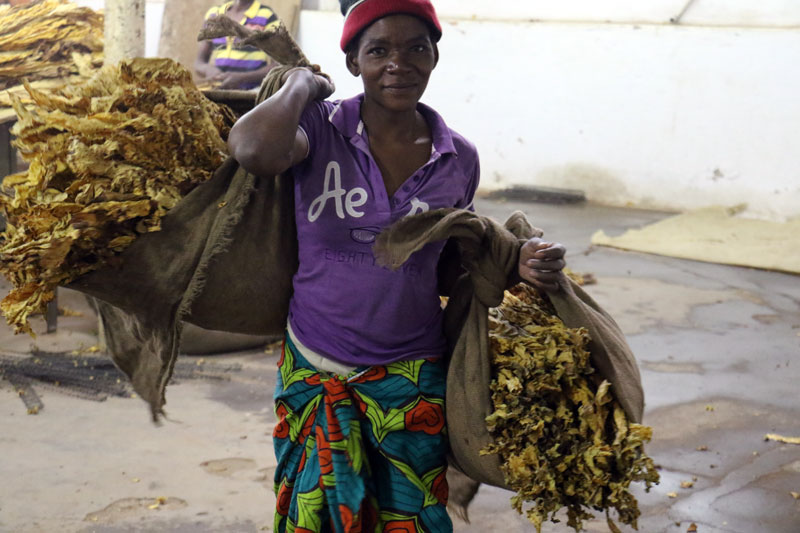
Philip Morris International (PMI) has taken Vital Strategies to task after the special interest group prevented Moira Gilchrist, one of PMI’s leading scientists, from participating in a forum about e-cigarettes.
“The world is home to more than 1 billion people who smoke today,” PMI wrote in a statement. “Can we at least talk about their right to better alternatives than continuing to smoke?”
The company says there is growing recognition among governments, scientists and public health experts that scientifically substantiated smoke-free alternatives—in combination with existing measures to prevent initiation and encourage cessation—can play an important role in addressing the global public health issue of smoking.
“What’s wrong with having an open, informed debate, with all sides involved?” PMI wrote. “We believe it’s OK to disagree, but we adamantly refuse to accept an honest debate is not possible—or necessary.”
Gilchrist is PMI’s vice president of strategic and scientific communications. She is responsible for driving the transparent and comprehensive communication of PMI’s smoke-free vision and scientific research to stakeholders across society including in the scientific, public health and regulatory communities.






